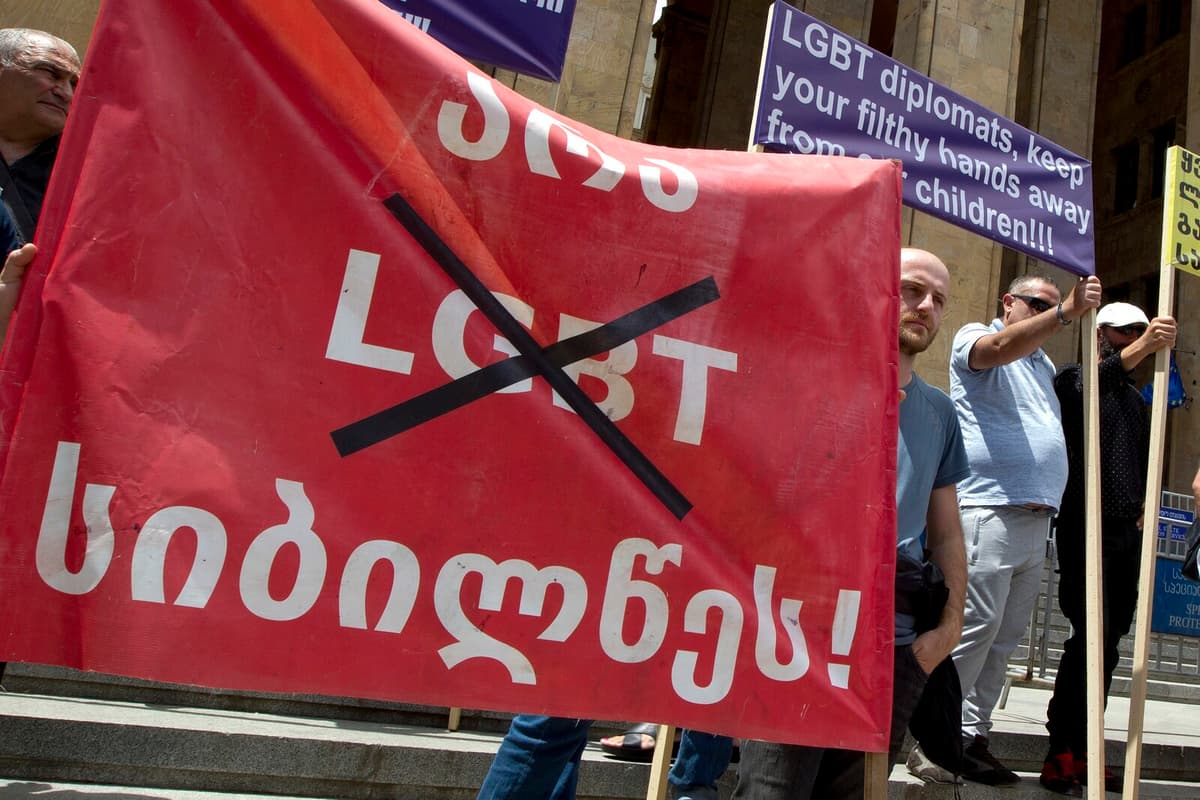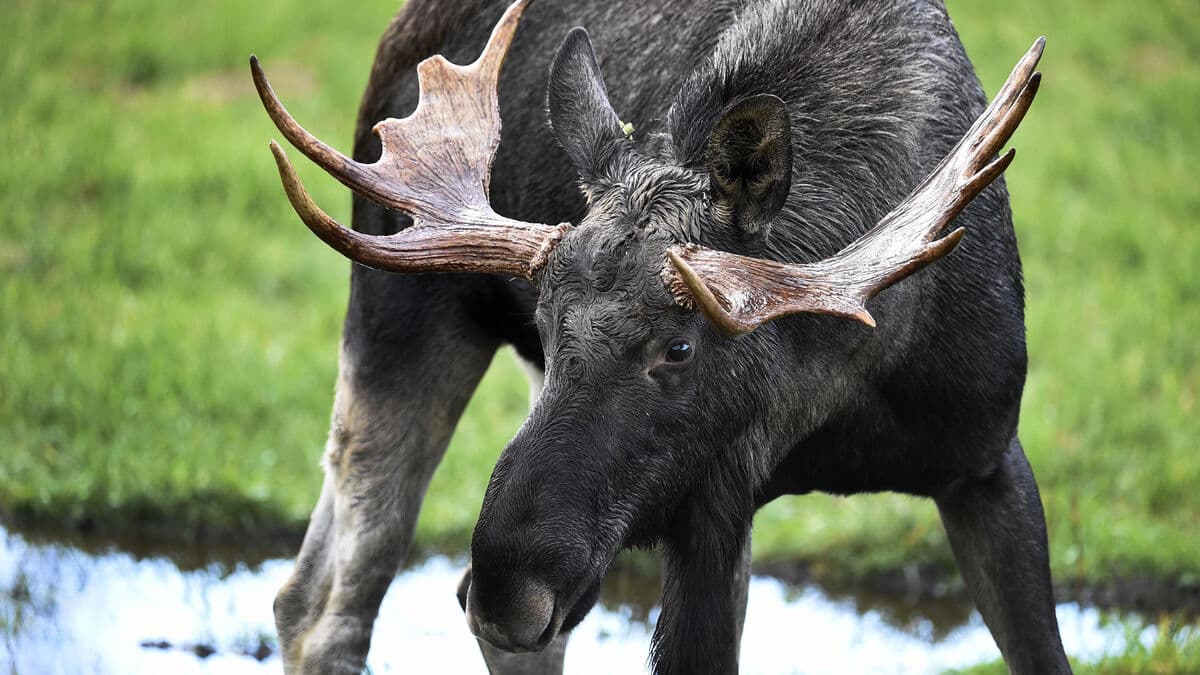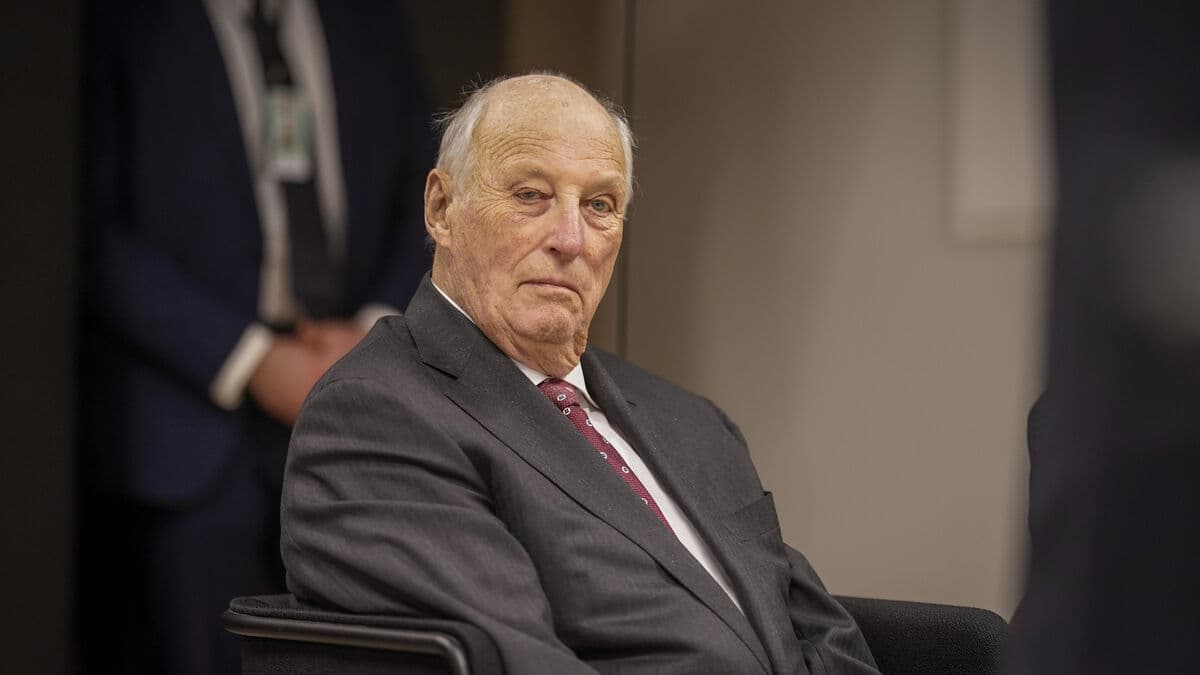According to the government in Tbilisi, the law is intended to protect "family values" and shield minors from what they call hbtqi-propaganda.
The wording of the law has been criticized by human rights organizations for effectively equating homosexuality with incest. The EU has previously stated that the adoption of the law will affect Georgia's chances of future membership in the union.
As a result of Tuesday's vote, gender-affirming care is banned in the country. Homosexuals and trans people are also prohibited from adopting, and same-sex Georgian couples who have married abroad will have their marriages annulled in their home country.
The law also gives authorities the legal right to ban, among other things, pride events and rainbow flags.
The ruling Georgian Dream party has been accused in recent years of increasingly turning its back on Europe and instead drawing closer to Russia. Russia adopted a similar hbtqi law over a decade ago and banned the "promotion of non-traditional relationships to children".
The adoption of the Georgian law is expected to fuel tensions ahead of the country's parliamentary elections in October.






